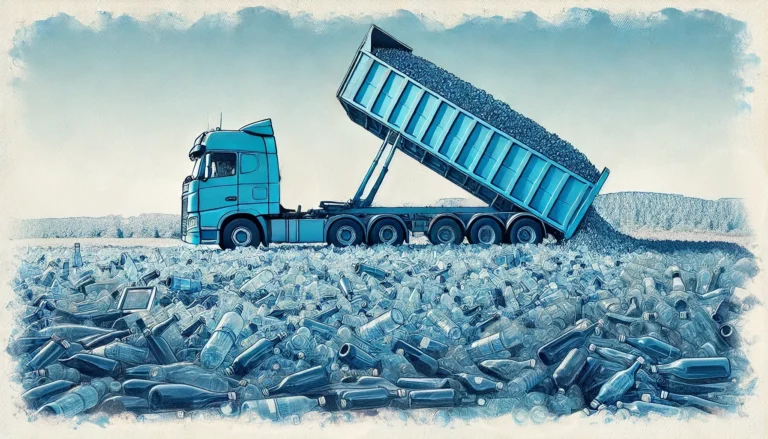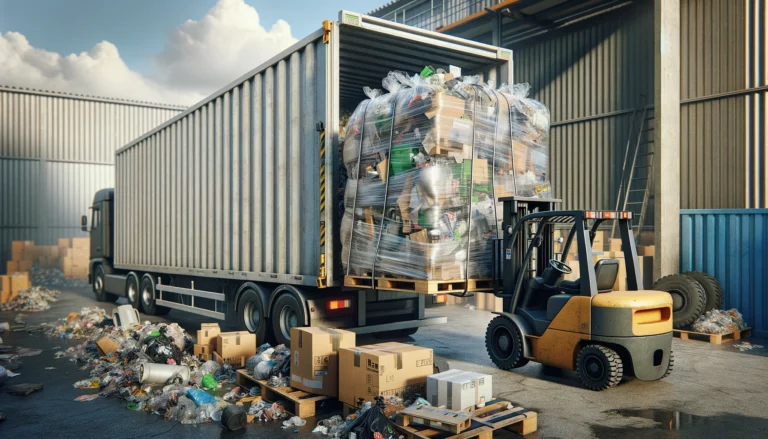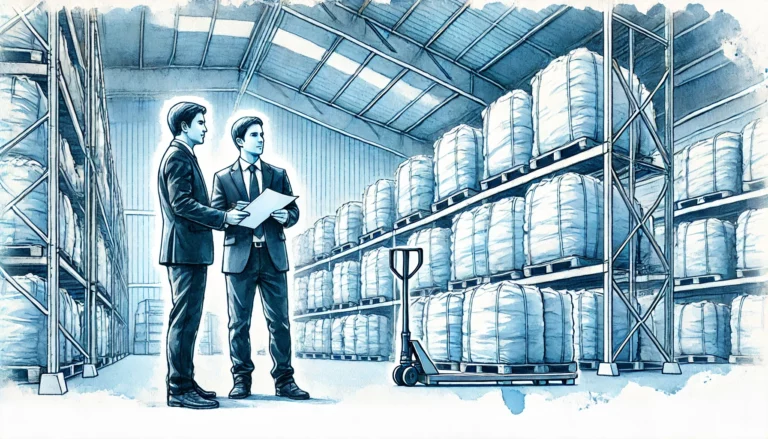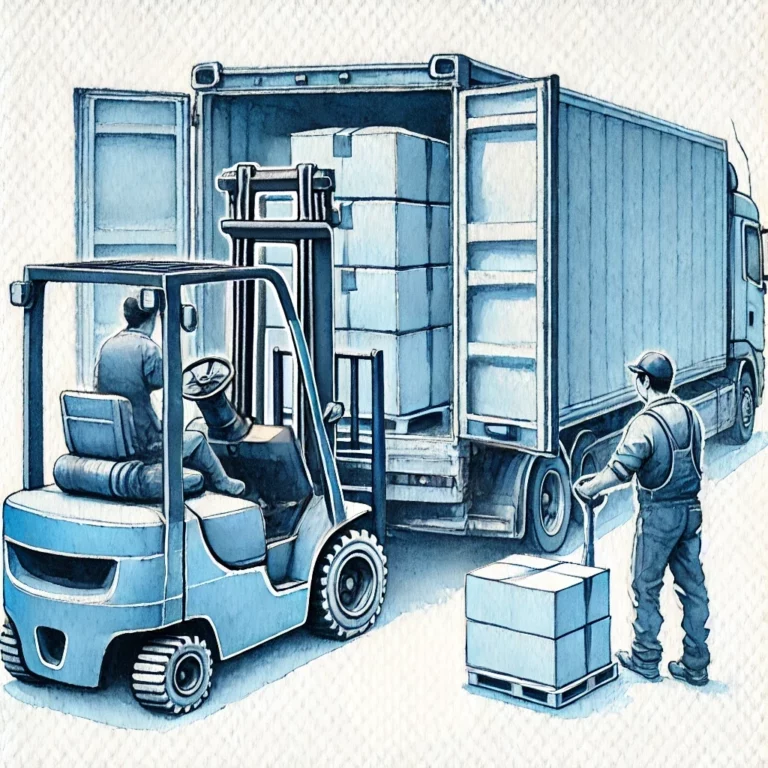What makes Baltic drivers stand out in international logistics?
The demand for drivers from the Baltic States—Estonia, Latvia, and Lithuania—has been steadily rising across Europe. This is especially true in the waste transport sector. These professionals are earning recognition for their reliability, adaptability, and clear understanding of logistics and compliance, particularly for sensitive materials like waste.
We are looking for carriers with waste permits in Europe for cooperation.
Call us: +48 519 516 869 or write us an E-mail dispo@wastetransportsolutions.eu
While infrastructure and recycling technology dominate the waste management discussion, drivers are essential to ensuring safe and timely waste logistics. Without well-trained and dedicated drivers, even the most advanced waste management system cannot function efficiently. This article explores why Baltic drivers are highly regarded and how their contributions are increasingly acknowledged.
Why Baltic drivers are in high demand
Baltic drivers are known for their discipline, efficiency, and strong work ethic. These traits are backed by logistics performance data and consistent employer feedback from across the EU. Companies report fewer route deviations and higher punctuality among these professionals.
Paweł Koszyński, CEO of Innovation Trading Sp. z o.o. shared with us his personal experience with drivers from Baltic States:
I remember the first time we started working with drivers from Latvia, Lithuania and Estonia — it was clear right away that these were professionals through and through. Their attitude toward waste transport was something that really stood out to me. They took the job seriously, always followed the rules, and did it all with a kind of quiet pride that you don’t see every day.
What impressed me most was their work ethic. No complaints, no shortcuts — just solid, honest work. Whether it was rain, snow, or tight deadlines, they always got the job done. We’ve had the privilege of working with many of them over the years, and it’s something I look back on with real respect and appreciation. These are the kind of people you want on your team.
He mentioned that they also demonstrate superior coordination and problem-solving skills when faced with logistical challenges. In a sector where missed deadlines can lead to fines or disruptions in processing, this reliability is crucial. He pointed out that their understanding of cross-border regulations also stands out. Additionally, many firms appreciate their language skills and cultural flexibility. Baltic drivers adapt well to international rules, including those specific to EU waste shipments. This makes them invaluable in global waste logistics.
Adaptability and specialized skills in waste transport
Waste transport involves strict regulations and operational requirements. Drivers must understand waste classifications and manage documents like Polish BDO’s waste transfer notes, e-waybills, or EU movement forms. Any error in documentation can result in costly delays or legal penalties.
Baltic drivers respond well to these demands. Many complete specialized training in waste logistics and hazardous materials. Their commitment to safety and legal compliance puts them ahead in the industry. These drivers also stay updated on evolving regulations, such as new EU waste framework directives and transboundary shipment rules. Their proactive approach helps prevent compliance issues before they occur.
Integration into European waste logistics networks
Baltic drivers are playing a growing role in integrated European logistics systems. Their presence is especially strong in waste transport corridors connecting the Baltics to Germany, the Netherlands, Scandinavia, and even Southern Europe. This integration is not accidental—it’s a result of consistently reliable performance and regulatory know-how.
For example, the Brüning Group, a leader in biomass and waste logistics, expanded routes from the Baltic region to Central Europe in 2025. This move was made possible by Baltic drivers’ ability to maintain compliance and schedule efficiency over long distances. Officials noted their key role in preserving operational standards throughout this transition. Such case studies highlight how Baltic drivers are becoming a backbone for waste transport infrastructure across the continent.
Cultural values and work ethic
Work culture also drives this trend. Drivers from Estonia, Latvia, and Lithuania value punctuality, accuracy, and professional pride. These traits matter in waste logistics, where errors carry serious consequences. Their ability to work independently, make sound decisions under pressure, and maintain high standards makes them trusted partners in logistics chains.
The Baltic vocational system emphasizes technical expertise and continuous learning. This produces professionals who adapt easily to change and excel in demanding environments. Furthermore, many Baltic drivers have experience in both domestic and international freight, which equips them with insights into different transport infrastructures, legal systems, and customer expectations.
Conclusion
The waste transport sector needs drivers with skill, responsibility, and adaptability. Baltic drivers meet these expectations. They excel in cross-border logistics, digital systems, regulatory compliance, and real-time problem solving. Their ability to maintain high performance in demanding conditions sets them apart.
Their rising demand across Europe shows the value they bring. As the industry shifts toward tighter rules and higher standards, Baltic drivers set an example for others to follow. With growing environmental pressures and logistical challenges, the role of these drivers will only become more essential in shaping a resilient and efficient waste transport ecosystem.







